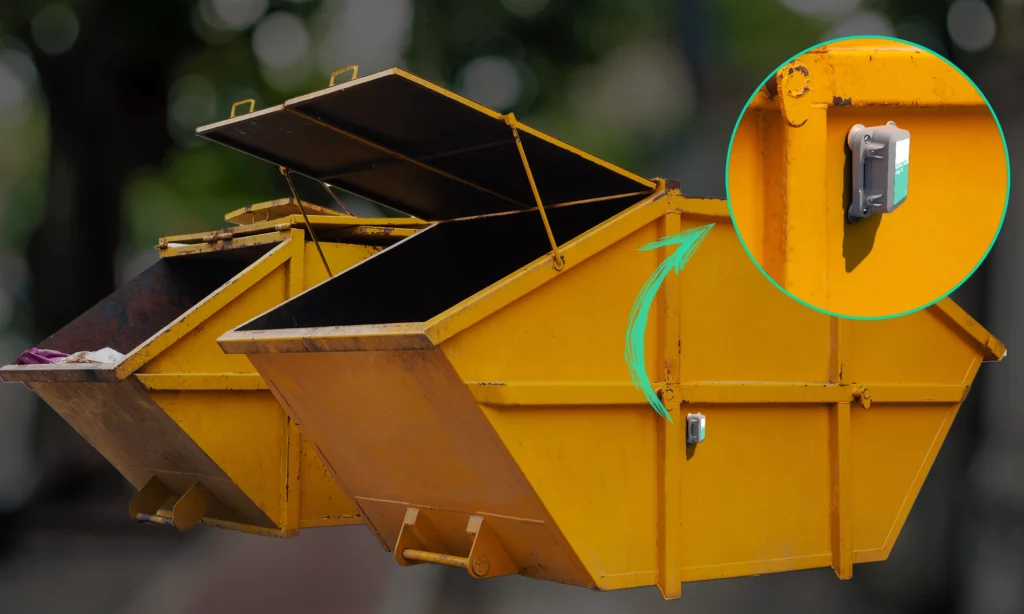Wildlife Protection in South Africa
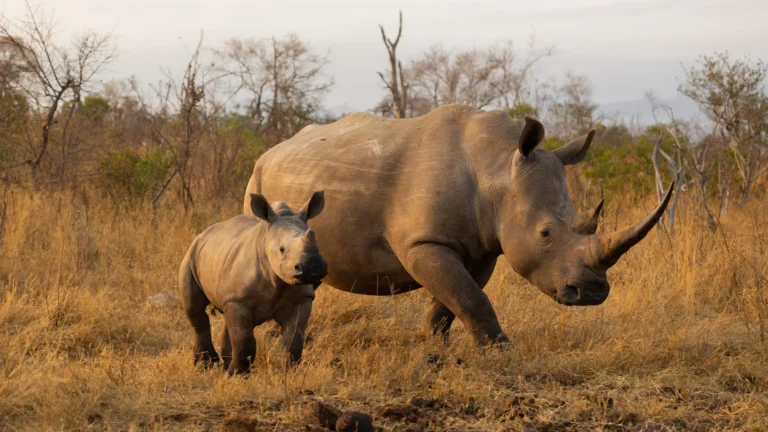
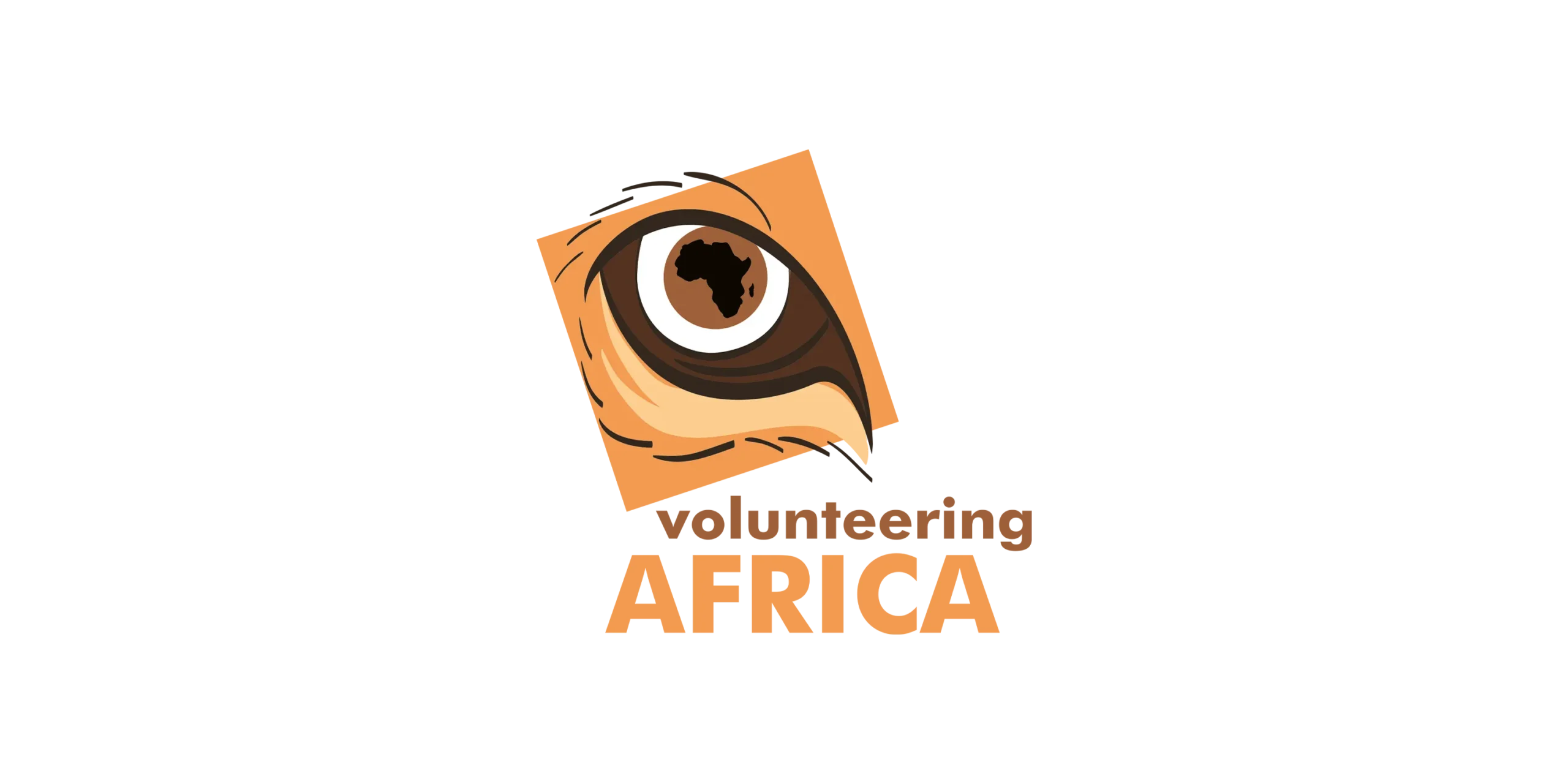


The Poaching Challenge
South Africa is home to one of the largest populations of rhinos in the world, making it a prime target for poachers seeking rhino horns, a commodity in high demand on illegal markets. Despite strict anti-poaching measures, the threat remains relentless, driven by the substantial financial incentives of the illegal wildlife trade.
Traditional conservation methods, such as patrols and fenced reserves, have been vital but insufficient against increasingly sophisticated poaching tactics. Poachers often operate under the cover of darkness, equipped with advanced weaponry and knowledge of park operations. This technological arms race has necessitated the development of smarter, more responsive solutions.
For decades, conservationists have sought new ways to close this gap. The collaboration between Truvami, ShopOfThings, and Volunteering Africa represents a forward-thinking approach, combining expertise in wildlife behavior with advancements in IoT technology to protect rhinos in real time.
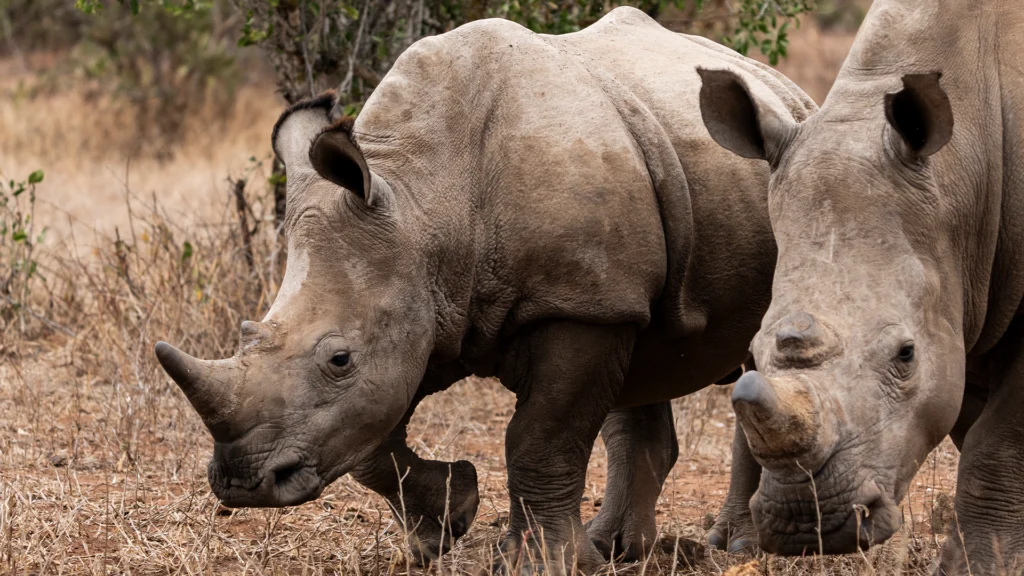
The Technology
Hardware
At the heart of this solution is the Truvami® nomad XS, one of the world’s smallest and lightest LoRaWAN trackers. Weighing just 5.8 grams, the device is specifically designed to minimize its impact on the animal. Its compact size and lightweight design make it ideal for attaching to wildlife without causing discomfort or altering their natural behaviors.
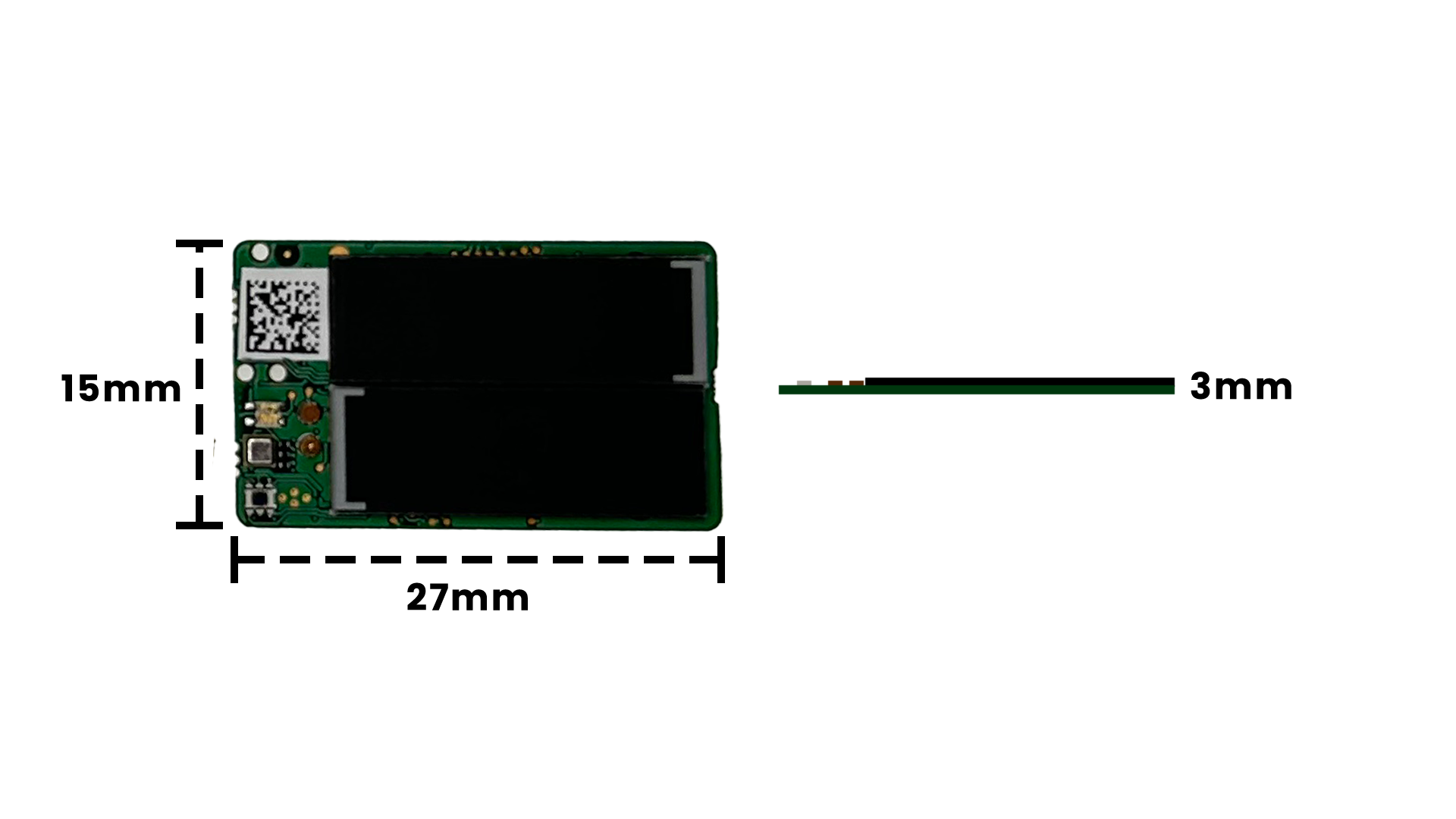

Powered by built-in solar cells, the nomad XS tracker operates autonomously for extended periods, requiring no human intervention for recharging. This ensures consistent tracking, even in remote or inaccessible areas. For low-light conditions, the tracker includes a backup battery, providing reliability across diverse environments.
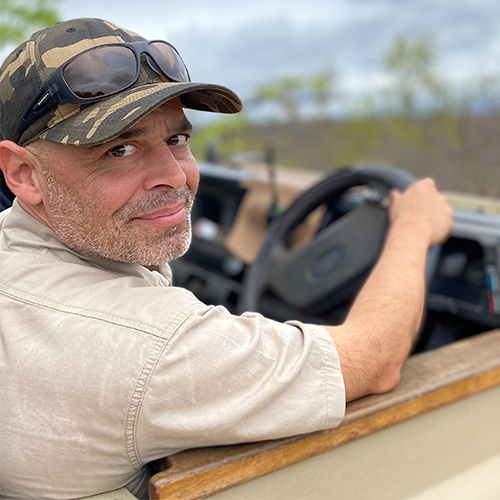
To accommodate different species and monitoring needs, Lukas Schefer, Founder of Volunteering Africa, designed two housings for the trackers: a collar and an ear tag. Each housing option underwent rigorous testing for durability, comfort, and effectiveness. Initial trials involved two young female sable antelopes—one fitted with an ear tag and the other with both an ear tag and a collar. These tests provided valuable data to refine the tracker’s design and ensure its suitability for long-term use.
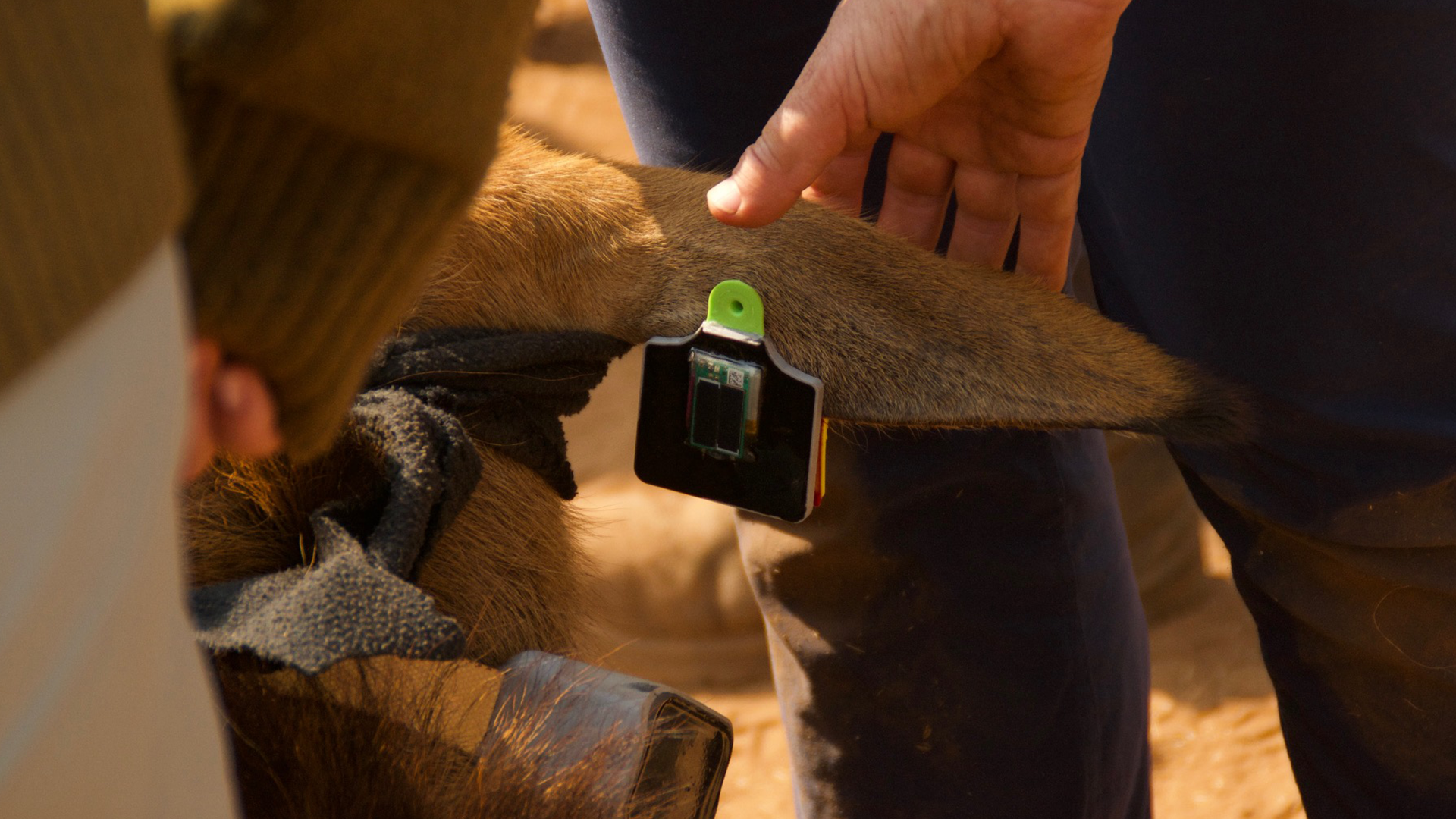

Network
To support the trackers, a private LoRaWAN network was established. This network offers park-wide connectivity, enabling seamless data transmission from the trackers to a centralized system. The network’s private setup ensures secure communication, protecting the location data from potential misuse.
Application Dashboard
Thanks to the modular, integration-agnostic design of Truvami trackers, captured data can be directly forwarded to third-party software. This approach is used by Volunteering Africa to display the data directly in their end application Earthranger.
Through the platform of Volunteering Africa, local organizations and anti-poaching units can securely access real-time location data, improving their efficiency as well as safety.
Key features of the platform include geofencing alerts, i.e. notifications when animals leave or enter defined areas, and non-movement alarms that alert for extended stationary behavior, indicating potential distress or threats.
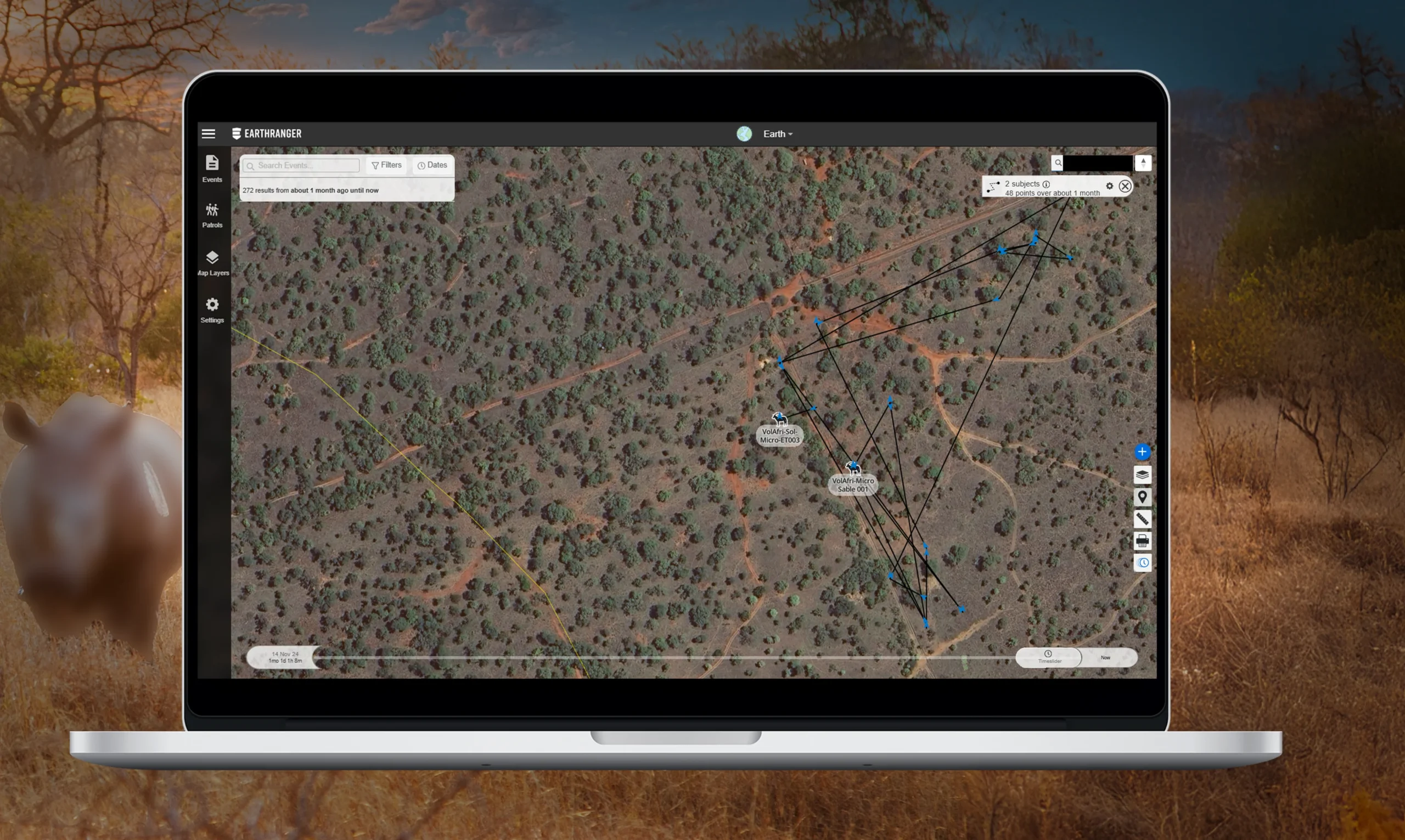
The Project Phases
The project is structured into three phases, each building on the success of the previous stage:
Development and Testing: The initial phase focused on designing, manufacturing, and testing the trackers. Early trials on sable antelopes have demonstrated the devices’ effectiveness, and long-term testing is ongoing to refine the technology further.
Rhino Implementation: In the second phase, the team will equip 10 rhinos with trackers. This stage will validate the system’s performance in real-world conditions, ensuring reliability and accuracy.
Full-Scale Rollout: Following the successful deployment on the initial group, the project will expand to tag 500 rhinos in the park. This large-scale implementation aims to create a comprehensive monitoring system, setting a new standard for wildlife protection.

Beyond Africa, the technology has the potential for global application. With minimal adaptation, it can be used to track and protect a wide range of species, supporting conservation efforts worldwide.
You can help, too!
The project relies on collaboration and community support to achieve its ambitious goals. Volunteering Africa, a nonprofit organization dedicated to wildlife conservation, plays a critical role in funding and supporting these efforts.
To support this initiative, individuals and organizations can donate to Volunteering Africa, contributing to expanding the tracker deployment and maintaining the LoRaWAN network, helping to protect vulnerable, endangered animals and combat the illegal wildlife trade:
The partnership between ShopOfThings, Volunteering Africa and Truvami demonstrates the power of technology in addressing urgent environmental challenges. By combining innovative IoT solutions with on-the-ground expertise, this project offers a model for sustainable, technology-driven conservation efforts.
As the fight against poaching evolves, initiatives like this provide a beacon of hope, proving that with the right tools and determination, it is possible to protect our planet’s most vulnerable wildlife.

